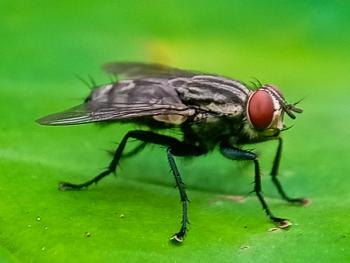
Heartworm resistance: What we know (and what we dont)
According to Dr. Clarke Atkins, heartworm resistance is a serious problem in veterinary medicine that doesnt always stem from the usual geographic suspects.
At the 15th Triennial Heartworm Symposium in New Orleans, Clarke Atkins, DVM, DACVIM (cardiology), professor emeritus at North Carolina State University, spoke briefly about what the field of veterinary medicine has learned over the past 10 to 15 years about heartworm resistance and macrocyclic lactones, as well as what remains unknown.
For starters, says Dr. Atkins in the video below, “We know resistance is real.” But he goes on to explain that we still don't know the extent of the problem (such as how far it extends or how much it plays a role in infection and disease).
Second, “We know that compliance is the biggest problem … bigger than resistance in terms of causing heartworms,” he says. The good news? This is an area veterinary professionals can change. “We don't seem to do it very well,” Dr. Atkins admits, “but we can affect that.” (Editor's note: Not sure where to start? Check out our
According to Dr. Atkins, we also know that the isolates of resistant heartworms have come from both expected and unexpected places. “They don't all come from the Mississippi Delta, which I think is a confounding part of this,” he says. “They have not necessarily come from areas that have concerns about resistance.”
Here are a few more things we know:
> Resistance in heartworms is hereditary.
> Heavy exposure to mosquitoes likely makes it more difficult for macrocyclic lactones to be effective (which is an argument for reducing dogs' exposure to mosquitoes in the first place).
> There are genetic markers that can tell us which isolates are causing macrocyclic lactone resistance.
> There is resistance to each of the four macrocyclic lactone molecules.
Hear more about the current state of heartworm resistance in Dr. Atkins' own words by watching the video below:
Newsletter
From exam room tips to practice management insights, get trusted veterinary news delivered straight to your inbox—subscribe to dvm360.






